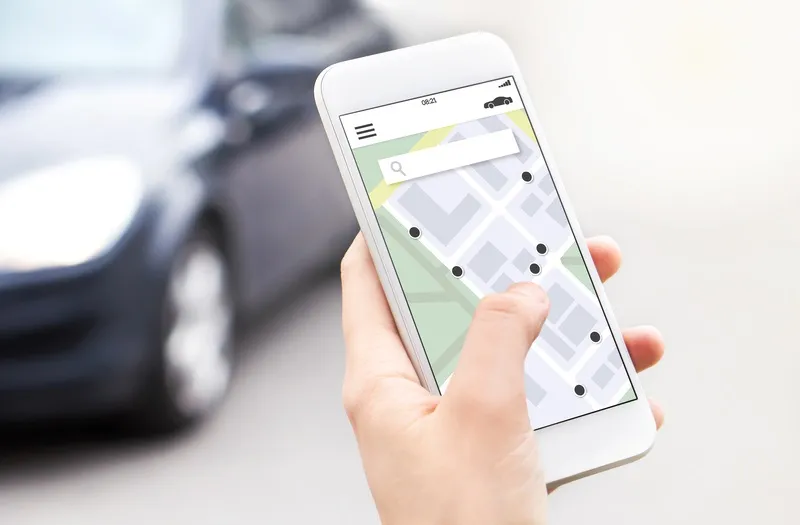
Mayor of the US city of Boston Martin Walsh has announced a roadmap to accelerate the adoption of electric vehicles (EVs) and zero-emission transportation.
The Zero-Emission Vehicle (ZEV) Roadmap is expected to support the widespread adoption of electrification, ensure access to charging infrastructure for all residents and electrify Boston’s municipal fleet.
“This Zero-Emission Vehicle Roadmap identifies concrete steps we must take to accelerate the adoption of electric vehicles," says Chris Osgood, Boston's chief of streets.
"The Roadmap furthers our commitments made in Go Boston 2030 and the Climate Action Plan Update, and it will help us provide more reliable and sustainable transportation options for our residents."
Go Boston 2030 projects are aimed at shifting people from personal vehicles toward public transportation, walking and cycling while the Climate Action Plan Update is focused on cutting emissions to achieve carbon neutrality by 2050.
The roadmap is part of a programme called Recharge Boston, which is running in tandem.
For this programme, the Boston Transportation Department is installing publicly accessible EV charging stations in its neighbourhood car parks.
Walsh says: "In Boston, we know the urgency around climate action and we are committed to leading on a national and international scale. Our new public electric vehicle charging stations are a key element of reducing our emissions while making our city healthier and more accessible today and for years to come."
The first batch of charging stations have been installed in the car parks located at 737 Centre Street in Jamaica Plain.
A second phase will involve the installation of EV charging stations to car parks in East Boston, Roslindale, Hyde Park, Mattapan, and Dorchester.
The city’s investment stems from an agreement with Eversource’s Make Ready programme, which supports full infrastructure for new charging stations across Massachusetts.
Both parties are hoping to provide publicly accessible EV charging stations available in every neighbourhood by 2023. Currently, there is a fee of $0.25/kWh for electricity consumed.
The Recharge Boston programme has also developed how-to guides to support residents and employers install chargers, started transitioning the city's vehicle fleet to zero-emission and required all new developments to fit 25% of their parking spaces with EV chargers.









